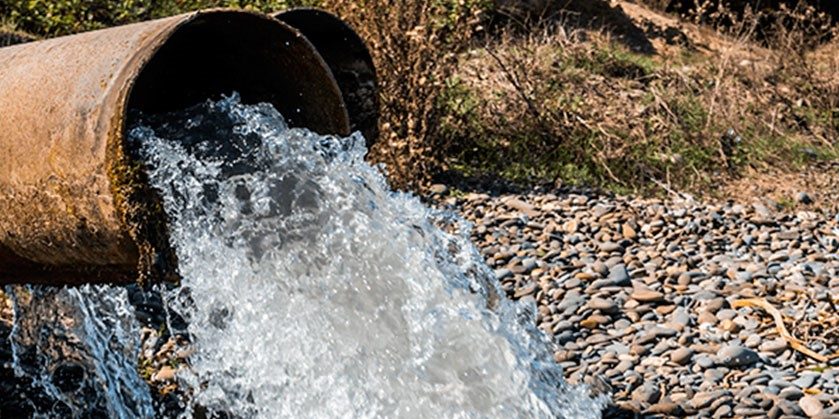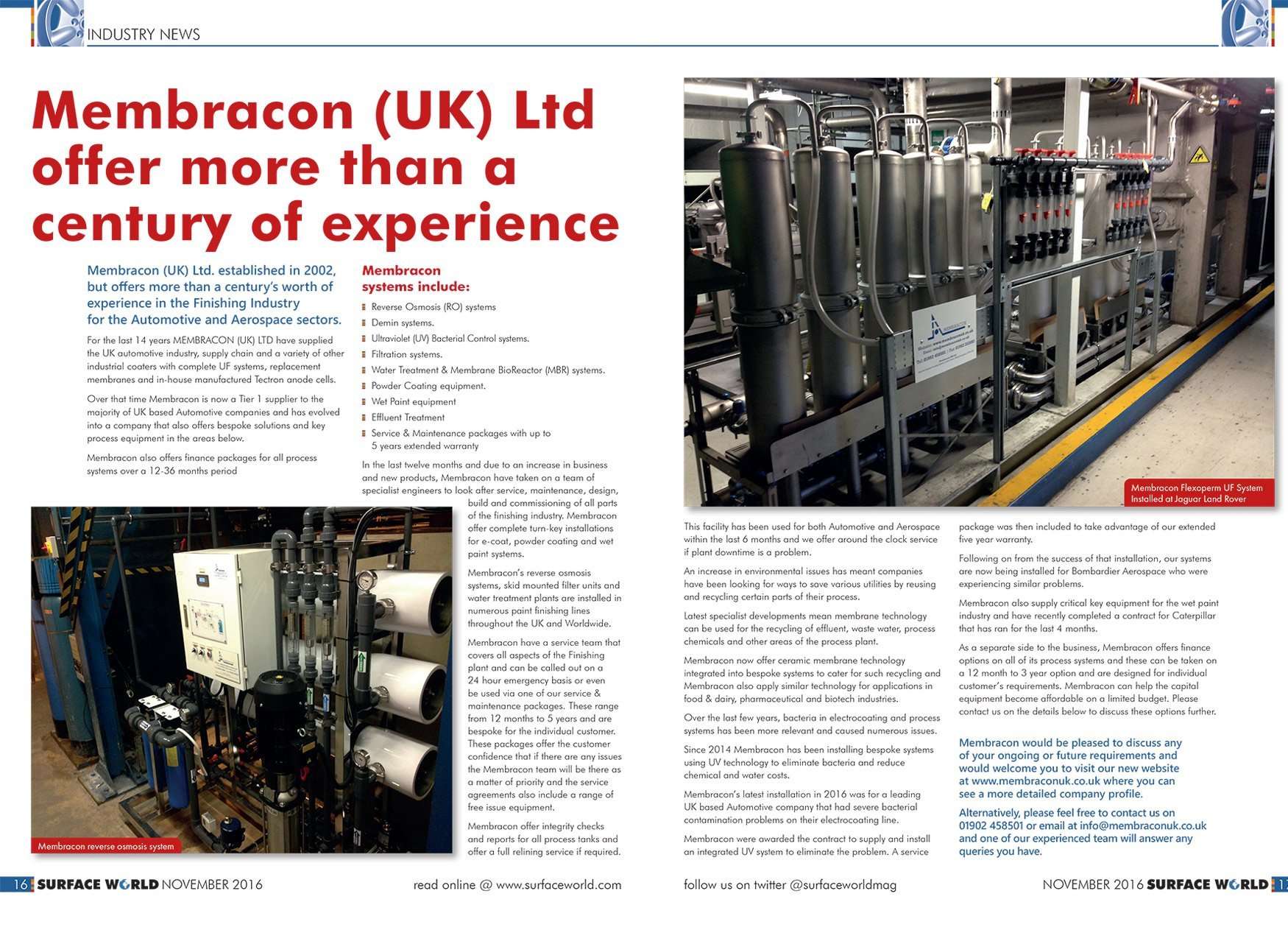
Removing Heavy Metals from Industrial Wastewater
Heavy metals in industrial wastewater can pose serious environmental risks if not properly treated before disposal. This article explores why heavy metals are a problem, how they can be removed, and why it’s crucial for businesses to address this issue.
Why Are Heavy Metals a Problem in Wastewater?
In many industrial processes, water is used in ways that can lead to contamination with heavy metals like copper, cadmium, lead, and zinc. These metals can dissolve into the water, creating a hazardous mix that needs careful handling.
Industries can’t simply dispose of this contaminated water. If these metals aren’t removed, the wastewater could pollute freshwater sources, causing significant harm to ecosystems and potentially affecting human health. The scary part is that water contaminated with heavy metals looks just like clean water, making it even more critical to ensure it’s properly treated.
Environmental Impact of Heavy Metals in Wastewater
When heavy metals from untreated wastewater enter the environment, they can wreak havoc on aquatic life. While small amounts of these metals naturally occur in the environment, industrial wastewater often contains much higher levels, which can be toxic to organisms and disrupt entire ecosystems.
These contaminants can easily make their way up the food chain, ultimately affecting humans. That’s why businesses need to have robust water treatment processes in place to ensure their wastewater is safe before it’s released.
How to Remove Heavy Metals from Wastewater
There are several effective methods for removing heavy metals from industrial wastewater, including membrane filtration, ion exchange, and chemical precipitation.
- Membrane Filtration: This process uses a physical barrier to separate contaminants from the water.
- Ion Exchange: This technique swaps harmful metal ions with less harmful ones in the water.
- Chemical Precipitation: This method involves adding chemicals that cause the metals to form solid particles, which can then be filtered out.
Among these, chemical treatment is often the most straightforward and cost-effective option. It doesn’t require additional equipment or significant changes to the existing setup, making it a practical choice for many businesses.
Which Industries Need Chemical Treatment for Heavy Metals?
Any industry that uses metals in its manufacturing process needs to consider chemical treatment to remove heavy metals from its wastewater. This includes businesses involved in metal plating, battery manufacturing, and electronics, to name a few.
Choosing the Right Chemicals for Wastewater Treatment
Not all businesses will need the same chemicals for treating their wastewater. The specific metals present will determine the best treatment approach. For example, a factory dealing with lead and mercury will require different chemicals than one dealing with iron and zinc.
Chelants and Sequestrants: Key Chemical Treatments
Two common chemicals used to remove heavy metals from wastewater are chelants and sequestrants:
- Chelants: These chemicals bind to metal ions, removing them from the water. Different chelants are designed to target specific metals, so it’s important to choose the right one based on the metals in the wastewater.
- Sequestrants: These are larger chemicals that can bind to multiple metal ions at once, effectively removing them from the water.
How to Determine the Best Treatment Approach?
Every business is unique, and so are its wastewater treatment needs. Even similar industries might have different types or amounts of heavy metals in their wastewater. That’s why it’s essential to have a specialist evaluate the situation.
A full inspection of the site’s wastewater operations is necessary to identify the right treatment methods. This includes looking at what’s in the water, what treatment processes are already in place, and the regulatory requirements. It’s also crucial to get the chemical dosing just right. Using too much or too little of the treatment chemicals can lead to problems, either by leaving some metals in the water or by adding unnecessary chemicals.
By taking the time to properly assess and treat wastewater, businesses can ensure they are protecting the environment and complying with regulations, all while maintaining efficient operations.












